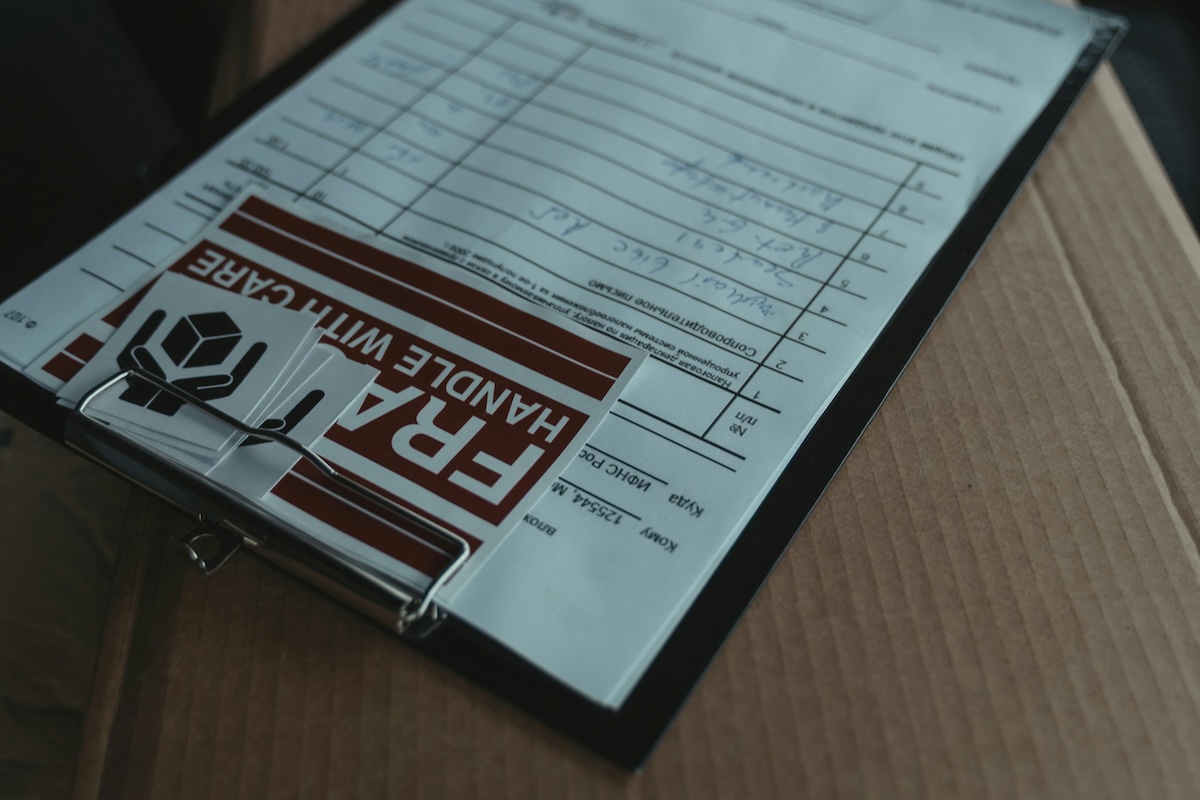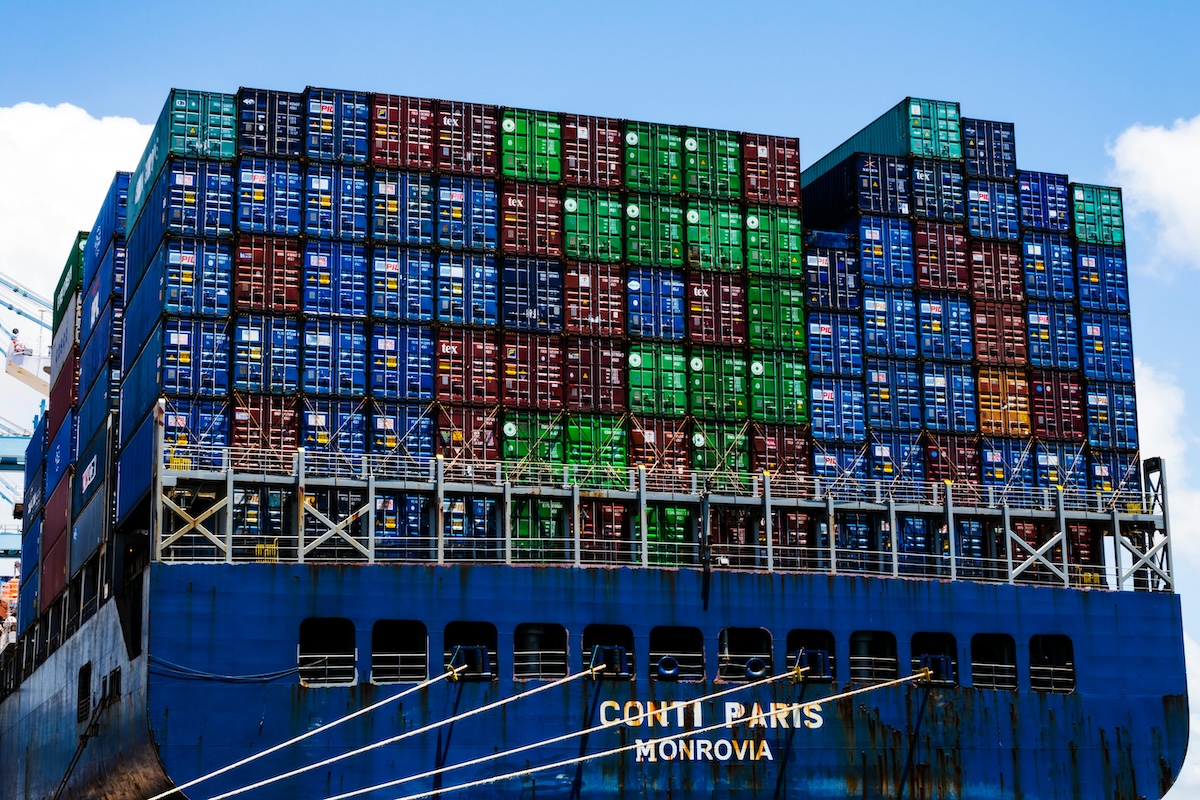Understanding ITAR License Types

Article Summary
ITAR stands for International Traffic in Arms Regulations, which governs the export and import of defense articles and services in the U.S.
ITAR licenses ensure legal compliance and protect U.S. national security by regulating the transfer of defense articles, services, and technical data.
A DSP-5 license is for the permanent export of defense articles listed on the U.S. Munitions List (USML).
A DSP-73 license is for the temporary export of defense articles, such as for demonstrations or testing, with the intention of returning them to the U.S.
A Technical Assistance Agreement (TAA) regulates the transfer of technical data, training, or defense-related services to foreign partners.
ITAR compliance prevents penalties, strengthens national security, and fosters responsible international defense partnerships.
The International Traffic in Arms Regulations (ITAR) governs the export and import of defense-related articles, services, and technical data in the United States. Administered by the U.S. Department of State’s Directorate of Defense Trade Controls (DDTC), ITAR aims to safeguard national security by restricting access to sensitive military technologies. Businesses involved in the production, sale, or transfer of controlled defense items must obtain the appropriate ITAR license to ensure legal compliance. Various ITAR license types exist, each designed for specific transactions, partnerships, and regulatory needs. Understanding these license types is critical for companies to navigate international trade while adhering to strict security protocols.
Common ITAR Licenses
- DSP-5: Permanent Export License The DSP-5 license is used for the permanent export of defense articles listed on the U.S. Munitions List (USML). This license allows controlled items, such as weapons systems, military-grade components, and related technical data, to be exported abroad for commercial or government use. However, the exporter must ensure that the end user is approved and that the transfer aligns with U.S. security interests. Once an item is exported under a DSP-5, it cannot be returned to the U.S. without additional licensing approval.
- DSP-73: Temporary Export License Companies that need to temporarily send defense articles abroad for exhibitions, demonstrations, or testing purposes require a DSP-73 license. Unlike the DSP-5, this license ensures that items are exported with the intention of being returned to the United States after a specific period. Common uses for the DSP-73 license include military technology demonstrations for foreign allies or participation in international defense expos. Strict conditions, such as maintaining export records and security protocols, apply to ensure controlled items are not misused or diverted.

- DSP-61: Temporary Import License' The DSP-61 license is issued for temporary imports of defense-related items into the U.S. Companies may need this license if they are receiving controlled equipment or components for repairs, servicing, or demonstrations. Like the DSP-73, the DSP-61 requires that the imported items remain under strict control and be returned to their country of origin after their intended use. This license is essential for international defense contractors collaborating with U.S.-based defense manufacturers or service providers.
- TAA: Technical Assistance Agreement A Technical Assistance Agreement (TAA) is necessary when a company intends to transfer technical data, training, or defense-related services to foreign partners. Unlike DSP licenses, which focus on physical exports, a TAA regulates non-tangible information transfers, such as engineering support or software development for military technologies. Many defense-related collaborations with foreign entities require a TAA to ensure proper knowledge-sharing while protecting U.S. national security interests. TAAs often involve agreements between companies and foreign governments for military system maintenance or technical training.
Final Takeaways
Navigating ITAR regulations requires a thorough understanding of the various license types to ensure legal compliance and protect national security. The DSP-5, DSP-73, DSP-61, and TAA licenses serve distinct purposes, covering permanent and temporary exports, imports, and technical collaborations. Companies involved in international defense trade must carefully assess their transactions to determine the appropriate license and follow strict guidelines set by the U.S. Department of State. Ensuring compliance with ITAR not only prevents penalties but also strengthens national security efforts and fosters responsible international partnerships. Understanding the nuances of ITAR licensing is essential for businesses operating in the defense sector, helping them to navigate the complexities of global trade with confidence.
Need assistance determining which type of ITAR license you need for your export transaction? CTP’s team of export compliance specialists has experience applying for all types of ITAR licenses and agreements. Contact us today!
Key Points
What is ITAR, and why is it important?
ITAR, or International Traffic in Arms Regulations, is a set of U.S. government regulations that control the export and import of defense-related articles, services, and technical data. Administered by the Directorate of Defense Trade Controls (DDTC), ITAR aims to safeguard national security by restricting access to sensitive military technologies. Compliance with ITAR is critical for businesses involved in international defense trade to avoid penalties and ensure secure global partnerships.
What are the main ITAR license types?
The primary ITAR license types include:
- DSP-5 License: For the permanent export of defense articles listed on the U.S. Munitions List (USML).
- DSP-73 License: For the temporary export of defense articles, such as for demonstrations or testing, with the intention of returning them to the U.S.
- DSP-61 License: For the temporary import of defense-related items into the U.S., such as for repairs or demonstrations.
- Technical Assistance Agreement (TAA): For the transfer of technical data, training, or defense-related services to foreign partners.
What is the DSP-5 license used for?
The DSP-5 license is used for the permanent export of defense articles, such as weapons systems, military-grade components, and technical data. Exporters must ensure that the end user is approved and that the transfer aligns with U.S. security interests. Items exported under a DSP-5 cannot be returned to the U.S. without additional licensing approval.
How does the DSP-73 license differ from the DSP-5?
The DSP-73 license is for temporary exports, such as sending defense articles abroad for exhibitions, demonstrations, or testing. Unlike the DSP-5, items exported under a DSP-73 must be returned to the U.S. after a specified period. This license is commonly used for international defense expos or military technology demonstrations.
What is a Technical Assistance Agreement (TAA)?
A TAA is required when transferring non-tangible defense-related information, such as technical data, training, or engineering support, to foreign partners. It is often used in collaborations involving military system maintenance, software development, or technical training. TAAs ensure proper knowledge-sharing while protecting U.S. national security interests.
Why is ITAR compliance essential for businesses?
ITAR compliance is vital for businesses to avoid legal penalties, protect sensitive military technologies, and maintain secure international partnerships. By adhering to ITAR regulations, companies contribute to national security efforts and ensure responsible participation in global defense trade.










